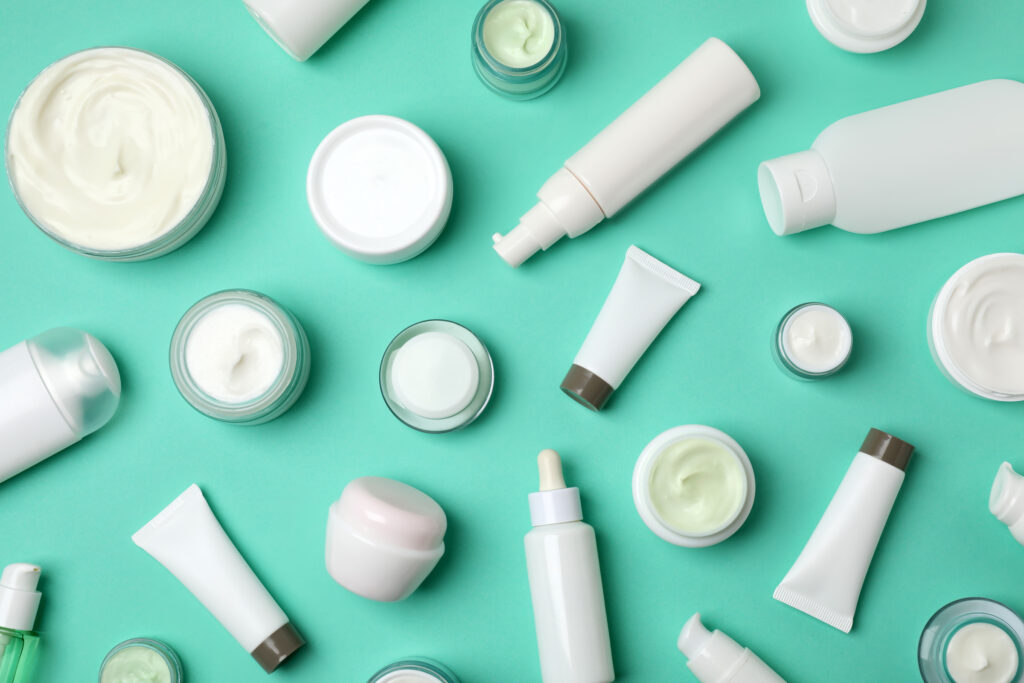According to Dr. Farris, as the number of available OTC skincare products grows, we find ourselves looking for a way to access scientific information and clinical studies on these products so we can best advise our patients on what works, what doesn’t, and what’s worth the money.
By Patricia Farris, MD, and Ted Lain, MD, MBA
More than ever, we are using over-the-counter topical skincare to treat our patients. This is, in part, due to the reluctance of insurers to pay for prescription topical therapies. It is also the result of a growing number of effective treatment options that are now available over the counter. Cosmetic companies that once focused on moisturizers, cleansers, and sunscreens are now innovating and creating effective treatments for conditions such as acne, rosacea, atopic dermatitis, psoriasis, seborrhea, hyperpigmentation, and anti-aging. We use these products alone in some patients and as adjunct treatments with prescriptions in others. Dermatologists are also using topical skincare pre-, intra-, and post-procedure to prime the skin for a procedure, improve wound healing, reduce erythema and swelling, mitigate post-procedure complications, and improve outcomes.
With this growing number of OTC skincare products available, we find ourselves looking for a way to access scientific information and clinical studies on these products so we can best advise our patients on what works, what doesn’t, and what’s worth the money. We find ourselves fielding a plethora of questions on anti-aging ingredients and products, many of which amount to nothing more than marketing hype. In addition, our evolving knowledge of the pathogenesis of various skin diseases and the role of barrier dysfunction in common skin disorders has made it even more important for us to understand the nuances of various types of cleansers, moisturizers, and barrier repair ingredients. Thus, there is a growing need for educational opportunities where clinicians can learn about ingredients, formulations, and the science behind topical skincare.
The question is, what’s the best way to generate this knowledge?
We believe it happens by bringing together physician key opinion leaders, industry scientists and formulators, and skincare executives and entrepreneurs to provide a 360 view of the topical skincare market. To this end, in 2021, we held the first annual Science of Skincare Summit. Our goal was to provide a comprehensive educational experience on topical skincare for physicians and other healthcare professionals.
The Summit curriculum includes a primer on ingredients, how to pair topicals with energy-based procedures and injectables, skincare as an adjunct for treating medical patients, and nail and haircare products and nutraceuticals. Panels focus on advanced formulation techniques, study design, the newest ingredients, and how to use cosmeceuticals in skin of color patients. The practice management session includes sales and marketing techniques to help expand in-office dispensing and social media and branding for the dermatology practice.
This year’s Science of Skincare Summit will be held on September 21-23 in Austin, Texas. A more complete overview of the curriculum and registration information can be found at scienceofskincaresummit.com


